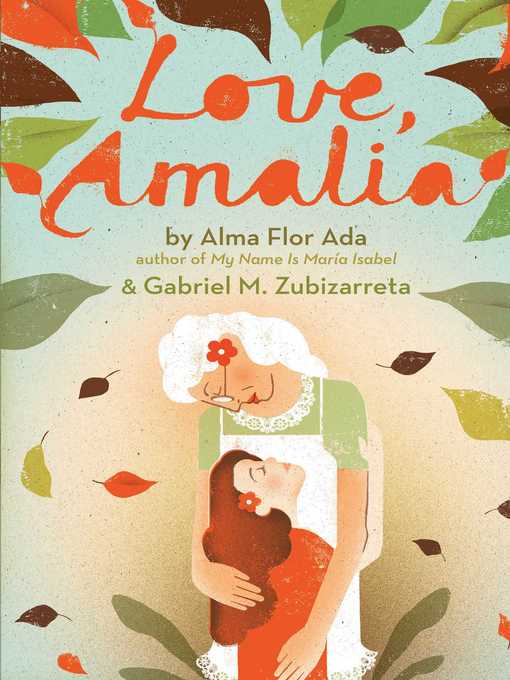A young girl's discovery of her cultural heritage helps her lovingly cope with loss in this tender tale from acclaimed authors Alma Flor Ada and Gabriel Zubizarreta.
Amalia's best friend Martha is moving away, and Amalia is feeling sad and angry. And yet, even when life seems unfair, the loving, wise words of Amalia's abuelita have a way of making everything a little bit brighter. Amalia finds great comfort in times shared with her grandmother: cooking, listening to stories and music, learning, and looking through her treasured box of family cards.
But when another loss racks Amalia's life, nothing makes sense anymore. In her sorrow, will Amalia realize just how special she is, even when the ones she loves are no longer near?
From leading voices in Hispanic literature, this thoughtful and touching depiction of one girl's transition through loss and love is available in both English and Spanish.





